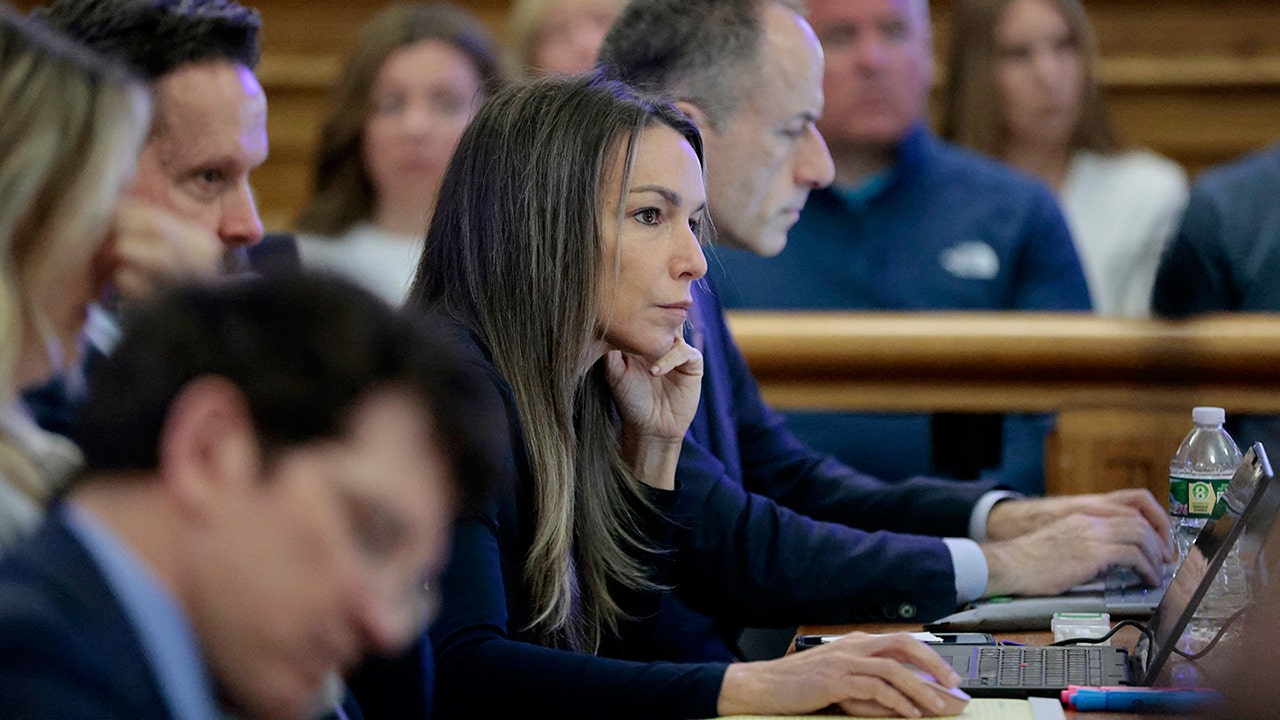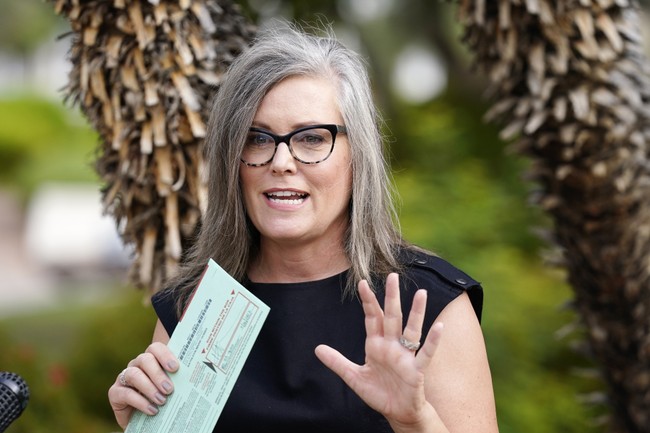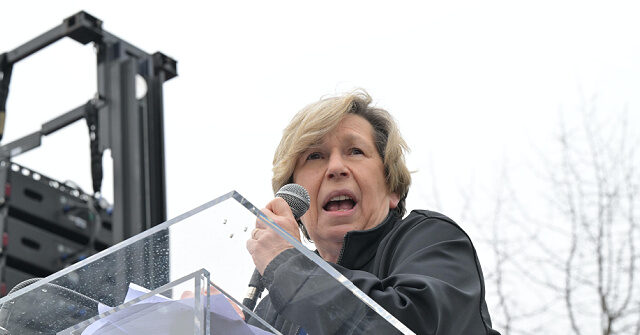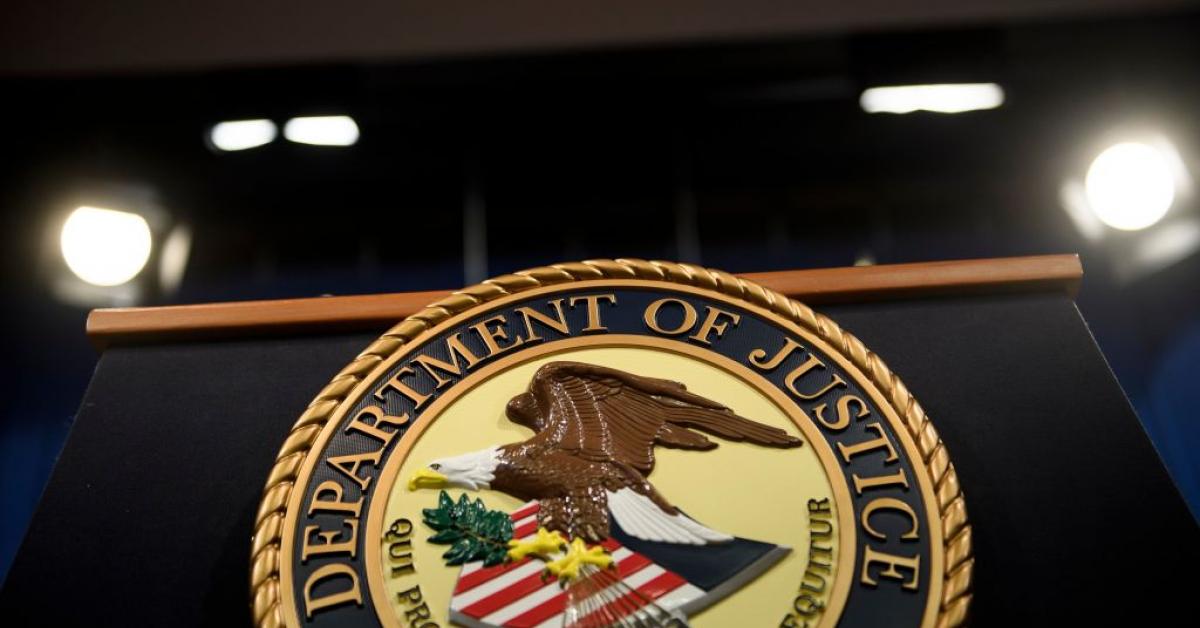In a courtroom drama unfolding in Dedham, Massachusetts, a crash reconstructionist’s testimony has become a focal point in the defense of Karen Read. Dr. Daniel Wolfe, a key witness, admitted that he communicated with Read’s defense team during her first trial. This admission has sparked controversy, especially since Wolfe was under a sequestration order that prohibited such exchanges.
During the first trial, Wolfe contended that the damage to Read’s SUV did not match the injuries sustained by John O’Keefe, a Boston police officer who was found dead in a snowstorm. Wolfe’s return to the stand in the current trial has been met with tension, as special prosecutor Hank Brennan highlighted delays in evidence discovery. The first trial concluded in a deadlock, making the stakes high for both the prosecution and defense.
Wolfe conceded that he shared insights with the defense, potentially breaching the sequestration order by discussing prior testimonies. He used the encrypted app, Signal, to exchange information with Read’s team. Judge Beverly Cannone responded by sending jurors home for a recess to address these issues without their presence.
As the hearing continued, Judge Cannone weighed the inclusion of testimony from ARCCA’s crash reconstruction experts, who faced scrutiny from prosecutor Brennan. The defense blamed the prosecution for delays in sharing crucial evidence, which they received only in late March. Jury selection for the second trial began on April 1.
The defense alleged that the prosecution’s sluggishness contributed to the trial’s postponements. Wolfe, one of the ARCCA scientists, revealed that their analysis might not be complete until May 7, prolonging an already delayed process. The defense argued that this was due to the prosecution’s late disclosure of expert testimonies.
In a separate hearing, Wolfe testified that he had prior knowledge of witness statements, obtained through the Department of Justice, before taking the stand. This included details about DNA evidence and O’Keefe’s body position. Brennan questioned Wolfe on whether he was aware of the sequestration order, which Wolfe denied knowing.
The trial also included testimony from Ian Whiffin, a digital intelligence expert, who provided crucial insights into the case. Whiffin detailed information retrieved from the phones of O’Keefe and Jennifer McCabe, a witness present at the scene. His findings challenged two main defense theories from the first trial.
Whiffin’s analysis contradicted the defense claim that McCabe conducted a suspicious Google search about hypothermia before O’Keefe’s condition was known. The defense argued the search occurred at 2:27 a.m. and was erased, while prosecutors maintained it happened around 6 a.m. Whiffin supported the prosecution’s timeline.
His testimony also shed light on O’Keefe’s final movements before his death. Using location pings and phone data, Whiffin tracked O’Keefe’s journey from a local bar to the lawn where he was found. This evidence suggested O’Keefe stopped responding to calls shortly after midnight, providing a clearer timeline of events.
The trial continues to capture public attention, with both sides fiercely debating the evidence. The defense remains adamant that the prosecution’s actions have hindered their case. Meanwhile, the prosecution seeks to discredit defense witnesses and uphold the integrity of the judicial process.
As the trial progresses, the courtroom battles are expected to intensify. The case has already seen numerous twists and turns, with each side striving to sway the jury in their favor. Observers eagerly await the unfolding of this high-profile legal confrontation.
Both the defense and prosecution are under pressure to present compelling narratives. The outcome of the trial could hinge on the credibility of expert testimonies and the interpretation of digital evidence. The legal teams are meticulously preparing for the challenges that lie ahead.
In the midst of this legal saga, public opinion remains divided. The trial’s complexity and high stakes have captivated those following the proceedings. As new evidence emerges, it continues to shape the narrative surrounding Karen Read’s case.
The trial has also drawn attention to broader issues of legal ethics and procedural conduct. Questions about the role of expert witnesses and the handling of evidence have sparked debate among legal experts. These discussions underscore the trial’s significance beyond the courtroom.
As the proceedings continue, the truth behind O’Keefe’s tragic death remains elusive. The trial’s resolution will have far-reaching implications for all involved. For now, the legal battle rages on, with each side determined to have their version of events prevail.



